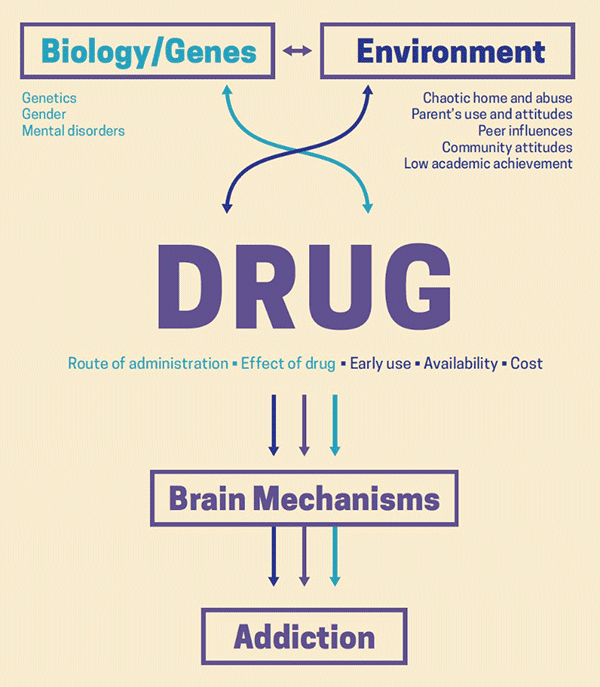
Opiate is a common term classically used to describe a drug derived from poppy. Opioid is now a more commonly used term for all opiates, including synthetic and naturally occurring substances. Opiates are opiate alkaloid compounds, naturally occurring in the opiate poppy plant, Papaver somnifera. The opiates include morphine, codeine, methadone, oxycodone, hydrocodone and tramadol.
Opiate has many different uses and for many different conditions. Many of them are pain relievers for diseases such as cancer, diabetes, and arthritis. Some of these drugs also help treat depression. As well as that, they can also be addictive. In fact, opiates are extremely addictive, having very high withdrawal symptoms and being hard to kick once addicted.
There are various opiates available for patients suffering from various conditions. These conditions can be: HIV, chemotherapy, arthritis, etc. The type of treatment depends on the nature of the condition. For example, if an opiate causes the body to produce extra serotonin, then the patient would receive more medication and therapy.
There is another side effect of opiate addiction; it increases the risk of death in overdose. It is therefore very important to educate patients about the risks of opiates.
As well as the risks, opiates can cause serious medical conditions and complications if abused. One of the complications is the respiratory system becoming clogged. This condition, known as pulmonary embolism, can lead to death. It is therefore very important to make sure that patients know the possible consequences of abuse of these opiates.
Opiate addiction can also affect relationships. If a person has developed a dependency to opiates, it may lead to feelings of guilt and shame. This can cause the person to withdraw from their friends, family and society, which is bad for their health and life. To help someone overcome an addiction to opiates, there are many treatment programs available.
Addicts are often offered detoxification, counseling, psychotherapy and medication for their condition. Sometimes they receive detoxification programs in hospitals, but more often they receive treatment in clinics or convalescent homes.

People with any form of addiction are at a higher risk of developing serious health problems
Opiate use can cause liver damage and heart failure, so it is very important that opiate users seek help as soon as possible. Detoxification is used as a treatment and rehabilitation for drug addicts. Learn more about apa itu detocline.
Opiate users must undergo detoxification to remove opiates from the body. The process usually takes several days, during which time the addict may develop a strong craving for the drug. Detoxification can be done under the supervision of a psychiatrist, therapist, or doctor.
After detoxification, the addict will receive treatment through a detoxification program, usually consisting of detoxification and counseling. This is often followed by therapy and psychotherapy to help the person cope with the physical and psychological symptoms of opiate withdrawal.
After detoxification, opiate users will start to rebuild their lives. They will try to quit using drugs as much as possible and try to overcome their addiction. psychological issues that led to their drug addiction in the first place. Some will continue to use drugs to reduce stress, while others will use to help them deal with the withdrawal symptoms.
Many programs, such as Suboxone, are able to help a patient who has become dependent on opiates to stop taking them completely. This is done through therapy and counseling. Suboxone will help provide patients with a permanent solution and will provide the patient with the tools to manage the physical symptoms of opiate withdrawal.
Many addicts are also able to live a productive life after heroin addiction, but these people are still addicted to opiates. Once the heroin or opiate is out of the system, the addict needs help to deal with other issues, such as depression and anxiety.